An assay development scientist combines deep biological and biochemical expertise with practical laboratory skills to develop tests that can answer specific biological questions or drive the drug discovery process.
The assays are designed to detect, quantify or study specific molecules, cells or biological activities. Assay development scientists are involved in the design, optimization and validation of assays for various applications, including the screening of drug candidates and identification of novel cellular and molecular targets.
They typically work in the biotechnology, pharmaceutical and diagnostic sectors as well as in academic research, having pivotal roles in the early stages of drug discovery, research and diagnostic tool development by creating reliable tests that can provide essential data on biological samples.
In this article, learn about the job functions, educational qualifications, experience prerequisites, industry outlook and salary prospects for assay development scientists. If the world of assay development and drug discovery and development intrigues you, continue reading to get deeper insights into this dynamic career.
And don’t forget to explore the Xtalks Job Search platform to embark on your journey to landing your dream assay development scientist job today.
Related: Pharmaceutical Scientist Jobs: What to Know Before Applying
What Does an Assay Development Scientist Do?
Assay development scientists have defined job functions in developing robust testing methods and assays in fields such as drug development, diagnostics and biomedical/biochemical research.
Below are some fundamental job functions of an assay development scientist.
- Assay Design & Development: The primary responsibility of an assay development scientist is to design, develop and validate biological/biochemical assays. These assays can be cell-, biochemical- or molecular-based. The assay development scientist must ensure the assay is reliable, reproducible and suitable for its intended purpose, whether for drug screening, biomarker detection or other applications.
- Optimization: Once an assay is developed, it must be tested and optimized to the parameters of what the assay will be used for. For example, the scientist is responsible for optimizing assay conditions to ensure the best sensitivity, specificity and reproducibility.
- Validation: After developing and optimizing an assay, it needs to be validated. This means ensuring the assay works consistently under defined conditions and provides accurate and reproducible results. Validation is especially critical if the assay is intended for clinical diagnostics or regulatory submissions.
- Troubleshooting: If there are any issues with an assay’s performance, the scientist must identify the root cause and fix it. This could involve tweaking experimental conditions, changing reagents or redesigning the assay.
- Technology and Instrumentation: Assay development scientists often use a variety of instruments and technologies, such as plate readers, flow cytometers, qPCR machines and more. Being skilled in these tools, and learning about emerging new technologies, is essential.
- Translational Research: In some cases, especially in diagnostics or clinical settings, the scientist must translate their laboratory findings into real-world applications. This can involve collaborating with clinical teams or external partners.
- Collaboration and Leadership: Oftentimes, assay development scientists work closely with other departments, such as drug discovery, clinical teams or manufacturing. Their expertise is essential to guide the right experimental approaches and interpretation of results.
- Stay Updated: Science is always evolving. Assay development scientists must stay updated with the latest scientific literature, technologies and methodologies to ensure they are using the best possible techniques.
Education and Experience Requirements
Education
The education and experience requirements for an assay development scientist can vary depending on the specific role, the industry and the complexity of the assays being developed. However, there are general education and experiences that are required in the field.
At a minimum, a Bachelor’s degree in a relevant field such as biology, biochemistry, molecular biology, chemistry or a related discipline is typically required. With a Bachelor’s degree, you could start in an entry-level position and may need additional hands-on experience or training to progress.
Many assay development scientists hold a Master’s degree in a related field. This level of education often allows for more specialized roles and can sometimes substitute for certain experience requirements.
Some positions, especially those in advanced research or those that require significant expertise, might prefer or require a PhD in a related field. Having a PhD can also lead to higher-level positions or leadership roles within a research or development team.
Experience
Laboratory Experience
Laboratory experience is essential for assay development, with knowledge of various techniques and methods, such as PCR, ELISA, cell culture, flow cytometry, high-throughput screening, etc. You can gain this experience during academic studies, internships or previous employment. For specialized roles, employers might look for experience with particular types of assays, technologies or instruments.
Industry Experience
Industry-specific experience is a major plus for assay development scientist roles. This can aid in obtaining jobs both in industry and academia. Therefore, experience in specific industries like pharmaceuticals, diagnostics or biotechnology can be beneficial. If you are specifically interested in industry jobs, an industry’s regulatory environment, pace and goals can vary, so direct experience in a specific industry space can be an advantage.
Project Management
For senior or leadership roles, experience in managing projects, leading teams or overseeing the development of multiple assays simultaneously might be required.
Regulatory and Compliance Knowledge
Having knowledge of the regulatory landscape is particularly relevant in clinical diagnostics or pharmaceutical industries where the assays must meet specific regulatory standards. For example, biochemical assays or medical devices are subject to certain good manufacturing practice (GMP) compliance standards, which can be industry- and product-specific.
Soft Skills
Beyond education and practical, hands-on experience, soft skills like problem-solving, attention to detail, communication and collaboration are crucial for assay development scientists. Being able to interpret complex data, work within multidisciplinary teams and effectively communicate findings are all integral aspects of the role.
How to Become an Assay Development Scientist
Below are some steps you can take to start the journey toward a career as an assay development scientist.
1) Get the Necessary Education
Begin by pursuing a Bachelor’s degree in a relevant field such as biology, biochemistry, molecular biology, chemistry or a related discipline. This foundational education will introduce you to core concepts and laboratory techniques. While following this up with a Master’s or PhD is not mandatory, higher degrees can provide specialized knowledge and be beneficial for more advanced positions or roles in academia. Consider pursuing a Master’s or PhD if you’re keen on research-intensive positions or leadership roles.
2) Gain and Build Laboratory Experience
Obtaining laboratory experience during your academic studies or through internships are great ways to get hands-on assay development experience.
Academic Research: During your undergraduate or graduate studies, engage in research projects or internships that allow you to get practical laboratory experience. This experience can be invaluable for understanding the intricacies of experimental design and troubleshooting.
Internships: Seek internships in pharmaceutical, biotech or diagnostic companies. Interning provides industry-relevant experience and can also help with networking.
3) Specialize
Depending on the industry’s needs or your interests, you might want to specialize in certain types of assays (e.g., cell-based assays, immunoassays) or technologies (e.g., PCR, flow cytometry). This specialization can often be achieved during graduate research, post-doctoral work or industry-specific training programs.
4) Gain the soft skills
While technical expertise is essential, soft skills like communication, teamwork and problem-solving are equally important. Engage in activities or courses that hone these skills. Presenting research at conferences, collaborating on interdisciplinary projects or even participating in science communication efforts can be beneficial.
5) Seek Entry-Level Positions
After completing your education and getting some laboratory experience, apply for entry-level positions in relevant industries. Job titles might include “Research Associate”, “Lab Technician”, or “Junior Scientist”, depending on the company and industry.
6) Progress and Specialize
With experience, you can move into roles specifically centered on assay development. Over time, as you gain expertise, you might lead teams, manage projects or even head assay development departments.
7) Continued Professional Development
Consider joining professional organizations, obtaining certifications or taking courses that enhance your expertise and professional standing in the field.
Assay Development Scientist Job Outlooks
The job prospects for assay development scientists are generally favorable.
This is driven by several factors, which include significant growth in the biotechnology and pharmaceutical sectors due to a growing global emphasis on biomedical research, novel therapeutics and healthcare. An aging population is also leading to a higher demand for healthcare, as is increased focus on the threat of emerging diseases and pandemics, particularly after the COVID-19 experience.
Additionally, advances in technologies in fields like genomics, proteomics and cell biology necessitate specialized assays. There is also an increasing focus on personalized and precision medicine, where treatments are tailored to individual patients based on genetic or molecular data, which requires assays to detect and quantify these unique markers.
While the outlook is generally positive, factors such as economic fluctuations, the increasing adoption of automation and AI, changing skill sets and location can influence job prospects in the field.
Nevertheless, the job outlook for assay development scientists is promising, but as with many fields, it’s essential to remain adaptable, up-to-date and proactive in acquiring relevant skills and experiences.
Salary Expectations for an Assay Development Scientist
Salary expectations for an assay development scientist can vary based on education, experience, employer as well as country, state or city. For example, salaries for assay development scientists in biotech hubs like San Francisco or Boston in the US may be higher than other places due to the higher cost of living and concentration of biotech companies in those areas.
Certain industries, like pharmaceuticals, might offer higher salaries compared to academia or non-profit research organizations.
In the US, entry-level assay development scientists with a Bachelor’s degree might expect salaries in the range of $50,000 to $70,000. Those with a PhD and some experience could see salaries ranging from $80,000 to well over $100,000. Senior scientists or those in leadership roles can earn even higher, sometimes exceeding $130,000 or more, especially in high-cost areas or at leading companies.
According to Glassdoor, the estimated pay for an assay development scientist in the US is $62,992. The average salary for a senior assay development scientist is $104,703 per year.
For the most current and location-specific salary information, it’s useful to refer to local job listings, salary surveys or industry reports. Networking with professionals in the field or consulting with career advisors or recruiters can also provide insights into current salary expectations.
Start applying for your ideal job today. Visit Xtalks Job Search to see new and exciting openings in the pharma, biotech and medical device industries.


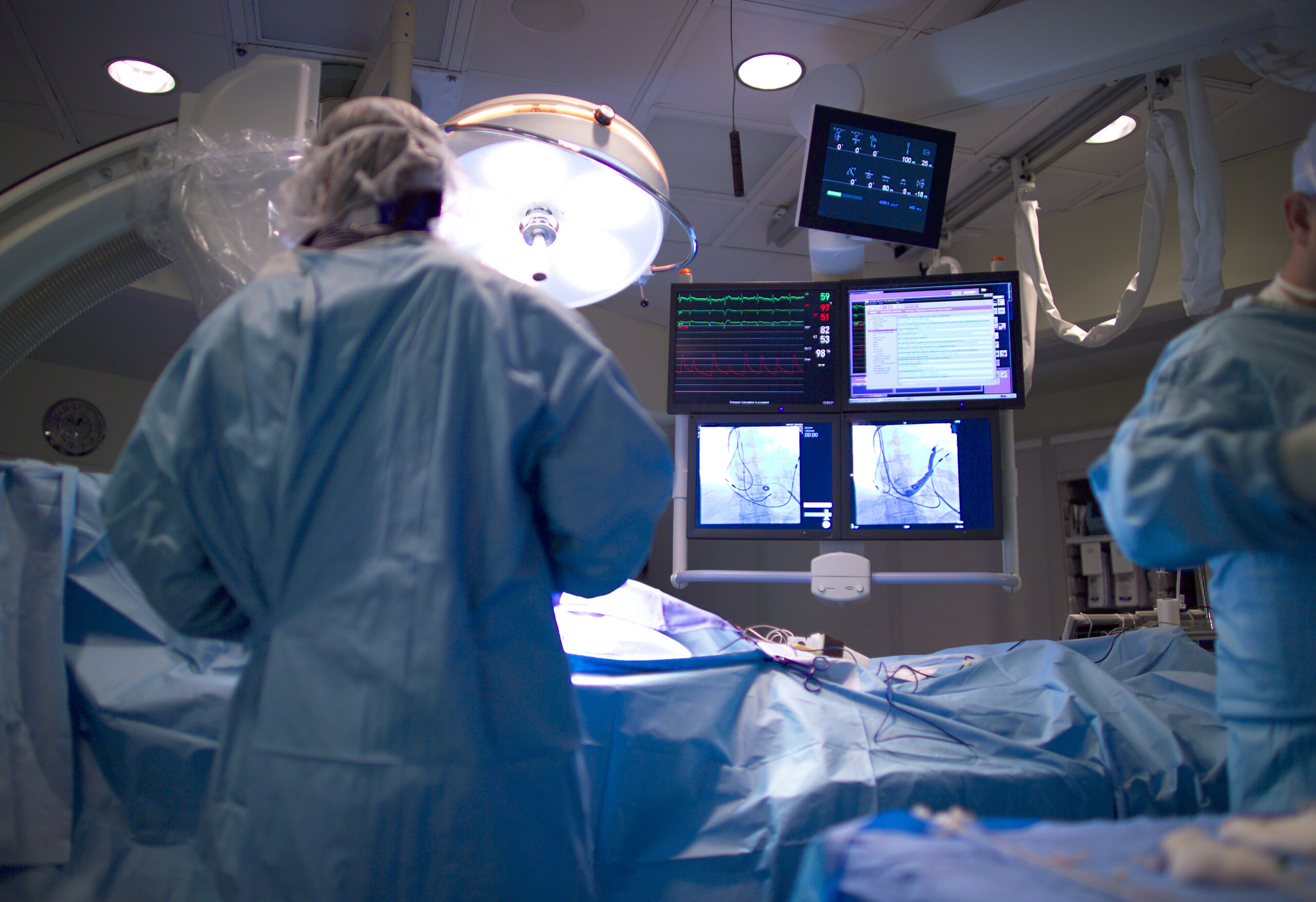
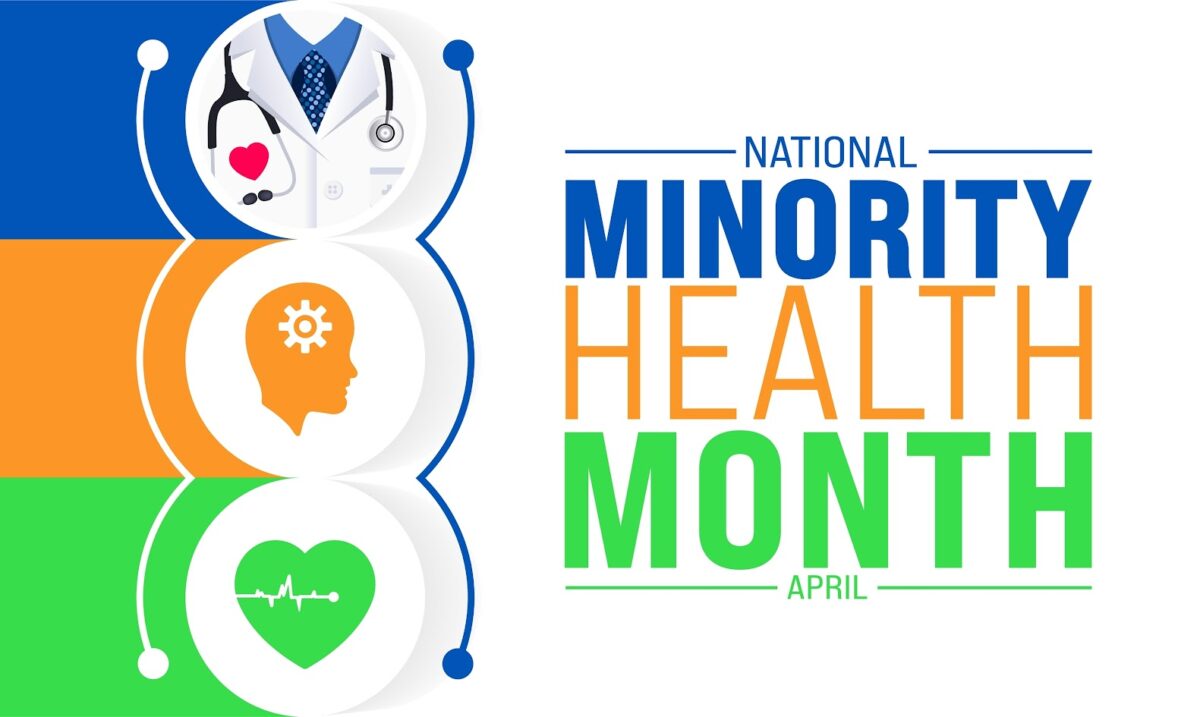
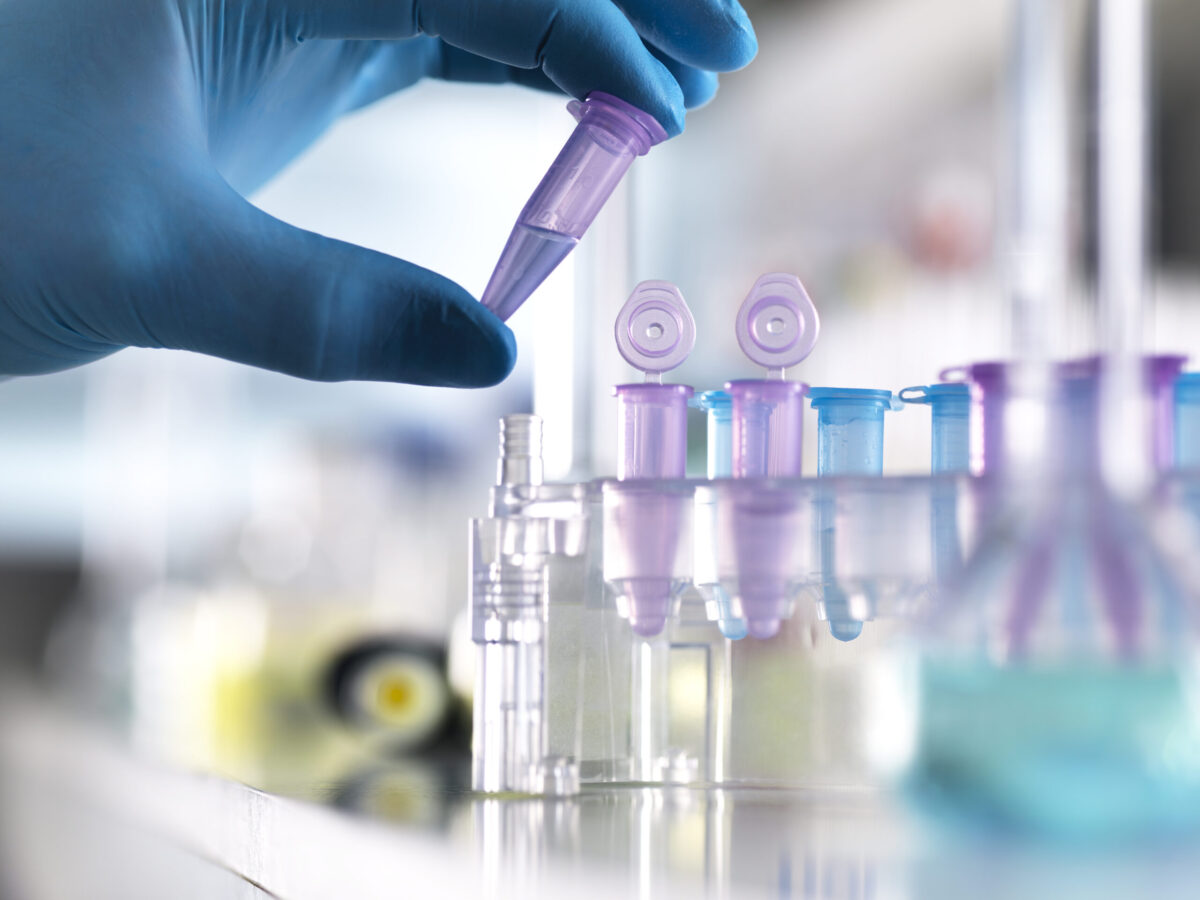
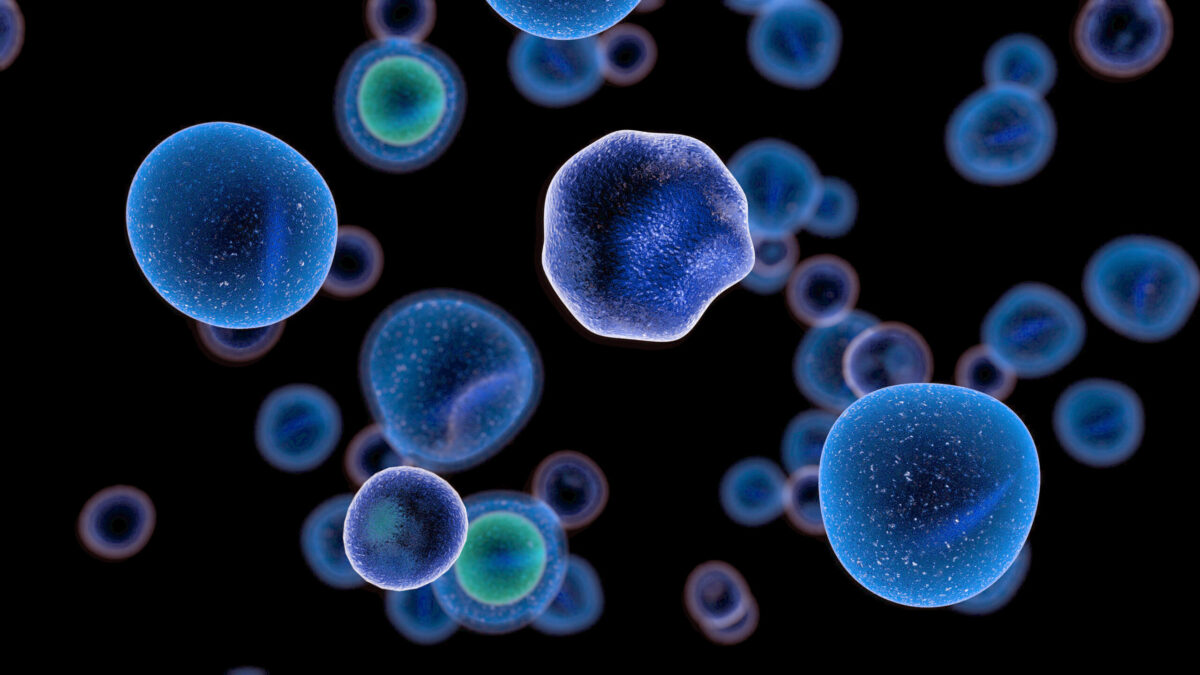
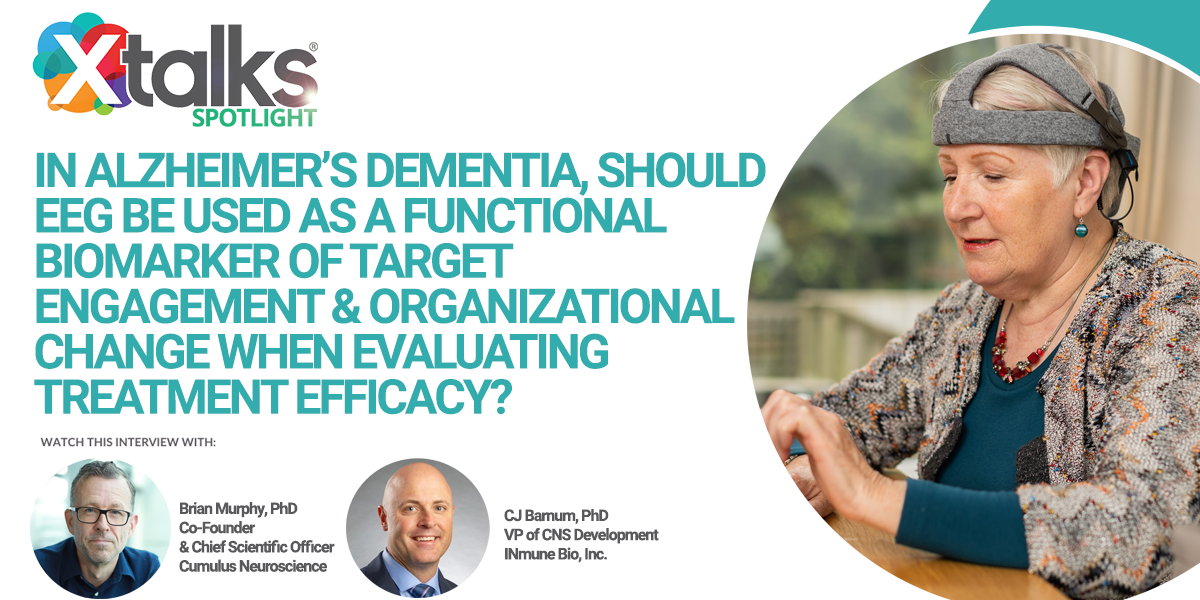





Join or login to leave a comment
JOIN LOGIN